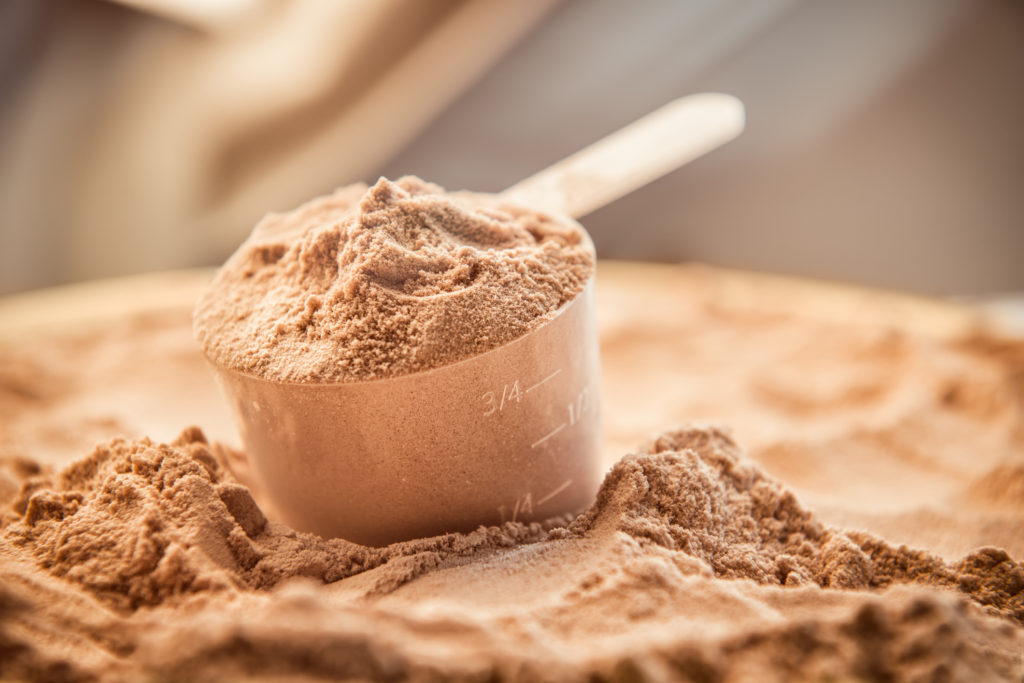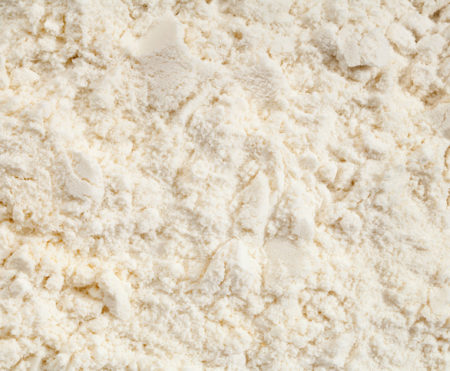Traditionally, runners have been fearful of protein. There’s been the sense that it’s the reserve of gym-sharks and bodybuilders – not, in short, those with physiques designed to run.
But the stigma is sliding, and it’s now widely known that protein is essential for recovery. The question is, is there a need for additional protein – in the form of powders and bars etc – in the average runner’s diet, or can we get enough from the food we eat?
Drew Price is the nutritionist for Multipower; he believes whey protein provides a guaranteed level of quality that you can’t get from food alone.
“Getting enough protein in your diet is essential for health,” he says. “Athletes actually require more protein to support the extra demands on the body from training. While protein is seen as essential for strength athletes and bodybuilders, as our understanding of sports science and human performance has improved, more and more endurance athletes are being advised to increase their protein intake.
“Dietary protein can be of high or low quality, depending upon the variety and amounts of the 20 different amino acids found in proteins. Some protein sources, such as animal foods have much higher quality proteins than others.
“The most popular supplementary protein, whey protein, is not only a very high-quality protein, containing a lot of protein with minimal fat and carbohydrate, meaning you can increase the amount of protein in the diet, leaving you free to adjust the amounts and sources of carbs and fats as you want. Good whey supplements are also easy to mix and can be transported easily, meaning you have a convenient source of protein when and where you need it immediately after a training run.”
So whey protein is convenient and high quality, allowing you to put your muscles into repair mode immediately after exercise. And it’s benefits are especially relevant to the modern-day runner, who understands the importance of cross-training and strength work. Strength and conditioning, in particular, purposefully tears the muscles in order for them to grow back stronger and more resilient. For that to happen, though, protein is again the key ingredient.
How can whey protein aid recovery and performance?
Price has a more scientific explanation for the benefits of whey protein, post-exercise:
“Whey is a high-quality protein, meaning it supports recovery after a long run or race. Whey is one of the best sources of the three branched chain amino acids which trigger muscle growth. BCAAs can also be used for energy when training is intense, and factor in proper energy supply as well as supporting and defending precious muscle glycogen stores. Whey can be particularly beneficial after hill sprints and HIIT sessions.
“Whey not only supports recovery of muscle tissues, but it has impacts on whole-body health. For example, it is a great source of glutamine – the most abundant amino acid in the body, one which support immune function and feeds gut health. Whey has also been shown to support the production of glutathione – perhaps the body’s most crucial water soluble antioxidant – which is another important part of proper immune function.”
Whey protein, then, can be a good way of getting high-quality protein, as soon as you need it, but is there a risk of adding too much bulk? And how much protein should runners be consuming?
There are so many conflicting theories on the optimum amount of protein intake, and annoyingly there is no one-size-fits-all approach, as no one runner is the same.
Generally, though, if you’re a regular runner who clocks around 20-25 miles per week, your daily intake should be anywhere between 0.8 and 1.2g of protein per pound of bodyweight – you have to see what works for you. The 154lb runner, therefore, would need at least 123g of protein in order to recover effectively and prevent any lasting muscle damage.
Of course, throw cross-training and strength work into the mix and your protein intake is going to need to increase, as your muscles are working that much harder.
The addition of a scoop of protein powder on your porridge, and perhaps a protein bar in the afternoon, can facilitate faster repair and, consequently, improved performance on training days.
It’s important to stress that, unless you’re pumping iron all the time, the extra protein is not going to add unwanted bulk. Protein in itself does not increase muscle mass; heavy resistance training does. All it’s going to do is give your muscles sufficient fuel to recover and grow back stronger – not bigger.







